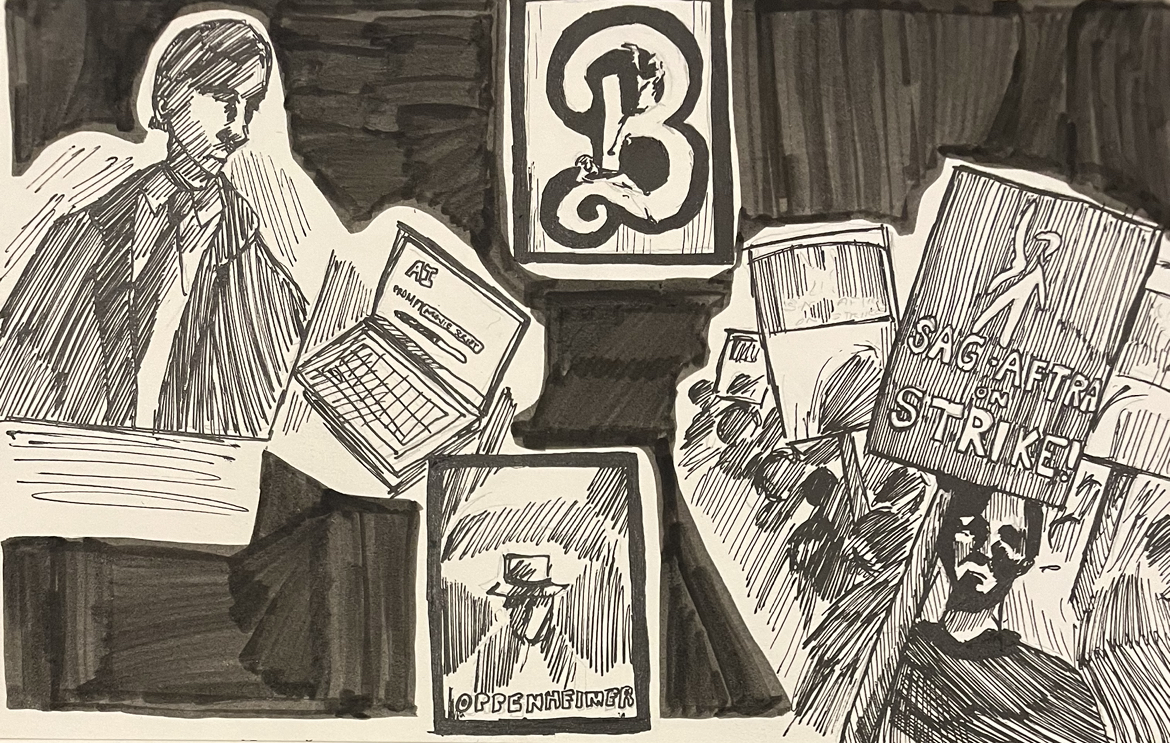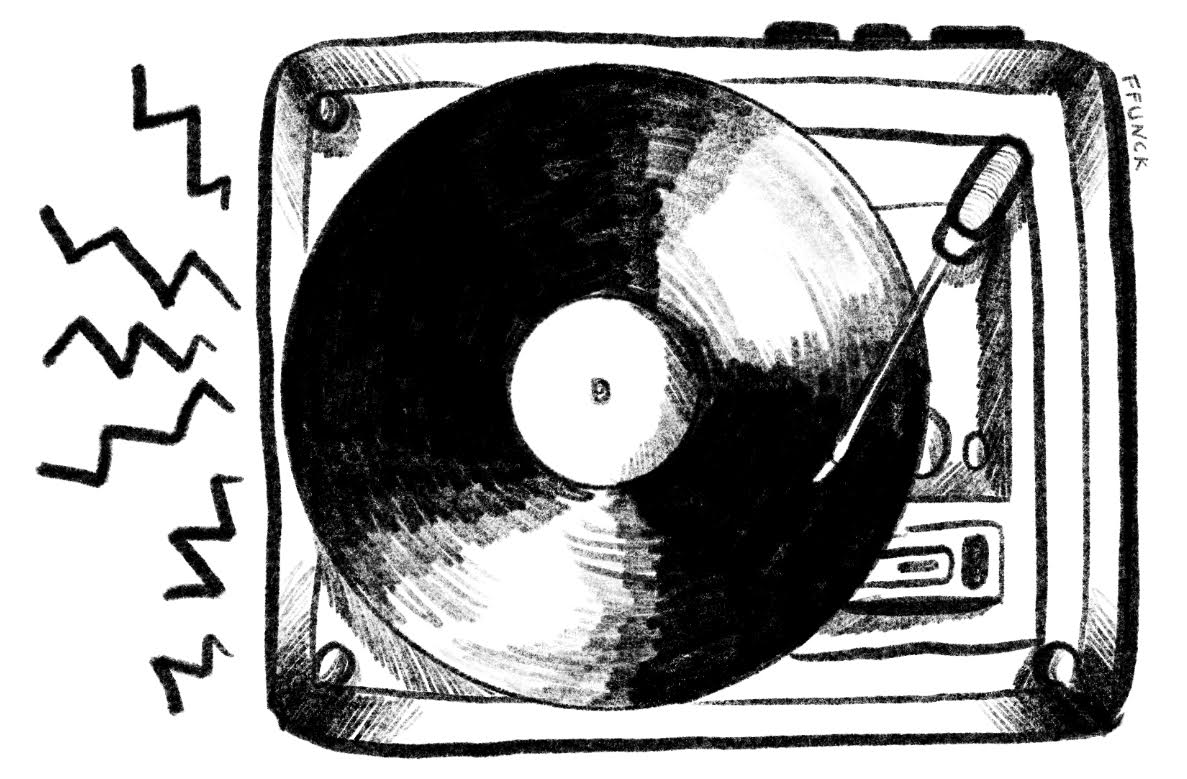On May 2, 2023, thousands of writers working in television and film from the Writers Guild of America went on strike. On July 14, the Screen Actors Guild and American Federation of Television and Radio Artists (SAG-AFTRA), the equivalent actor’s union, went on strike, effectively halting Hollywood production. They asked for improved conditions and pay, as well as accountability for changes in the industry relating to the rising prominence of streaming and AI. For a moment, it seemed as if Hollywood was on the verge of collapsing with nighttime talk shows stopped and upcoming seasons of television series postponed indefinitely.
One week after SAG-AFTRA announced its strike, July 21 saw the release of both Barbie and Oppenheimer, both of which received incredible box-office success after months of anticipation and excitement. Amidst press tours and interviews with the actors, it almost seemed like the WGA and SAG-AFTRA strikes were deemed obsolete compared to the prevalence of not one, but two summer blockbusters.
To many, Barbie and Oppenheimer’s simultaneous release and overwhelming public interest brought some hope that movies can still bring in the numbers; the people and the money. Both have delivered on that hope, with Barbie being the highest-grossing film of 2023 and by Greta Gerwig, a female director.
Furthermore, Barbie and Oppenheimer simultaneously came out at a very interesting time in the history of cinema. Low numbers in theaters directly following the pandemic were not helped by the fact that there are countless new streaming services beyond what was standard just a few years ago, and they have immense power over distribution and the film’s success and relevance. By August, Amazon Prime Video was already advertising Barbie as “pre-order now” with the platform, just over a month after its initial release. Additionally, neither Oppenheimer nor Barbie were severely impacted by the Hollywood strikes, continuing its regular release and touring all the while being the cultural focus of the year.
In a truly tumultuous Hollywood, there is really no saying how long the strikes will last and if the demands of SAG-AFTRA and the WGA will be met in full or in part. Like many industries post-pandemic and during a time of rapid technological change, Hollywood is facing a cultural reckoning. The success of two summer blockbusters, each bringing something unique to the table, can be touted as a success story for cinema; there is still hope for movies, and people are still excited to go see a movie even after a pandemic. However, it’s undercut by thousands of actors and writers being refused protection and improved conditions. The idea of a blockbuster movie saving the industry really only speaks to the part of the industry that does not need to strike. The success of many groundbreaking films in recent years, and certainly for years to come, will only matter as much as how we value the labor of those involved in its production and will ultimately be the deciding factor on how and when the film industry chooses to adapt and change.
This article also appears in our September 2023 print edition.









